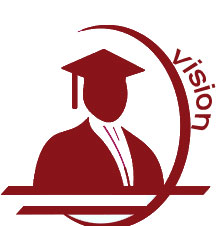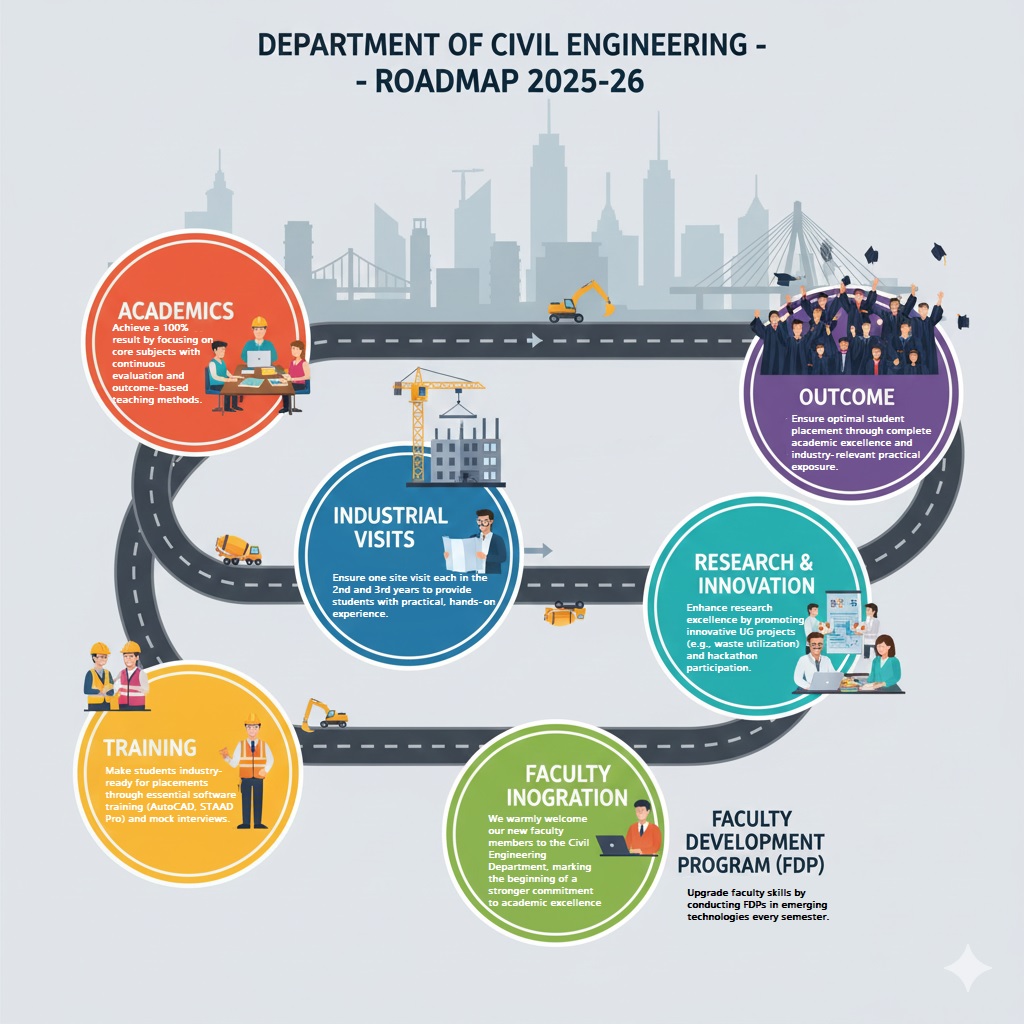Civil Engineering is the application of physical and scientific principles for solving the problems of society and improving human life. Being an extensive profession, Civil Engineering includes several specialized sub-disciplines. Its history is linked to the knowledge of structures, material science, geography, geology, soils, hydrology, environment, mechanics, and other fields. Owing to the tremendous growth in the infrastructure sector in India and abroad, the demand for Civil Engineers has been on the rise. To fulfil the growing demands and to cater to the Engineering needs of the nation, the Institute offers a B. Tech degree course in Civil Engineering, a four-year engineering degree program. Civil Engineering is an undergraduate program focused on the rigorous analytical study along with realistic practical solutions. The department has a strong presence of qualified faculty with IIT and NIT backgrounds and well-equipped laboratories. The major focus is on education for the application of IT and the latest software in the design and execution of small to large and complex nature of civil engineering projects along with the gain from practical experience from the field studies of different structures. Building, Industries (real estate), Bridges, Highways, Flyovers, Dams, and Irrigation Structures are top priorities of the academic program.
The job opportunities after B.Tech in Civil Engineering are available in both the Government as well as the Private/Public sectors.
To View Department Booklet Click Here
B. Tech. – CE with sanctioned intake of 60
| Courses Outcome |

To create highly motivational and friendly environment in the institute so that civil engineer’s innovative ideas can be available in the global area.

Owing to tremendous growth in the infrastructure sector in India and abroad, the demand of Civil Engineers has been on the rise, and to fulfil this gap to fuel the growth of the nation, the institute offers the B. Tech degree course in Civil Engineering which is a four-year engineering program affiliated to Dr. APJ Abdul Kalam Technical University, Lucknow, U.P. The undergraduate program provides rigorous analytical study along with realistic practical solutions. The latest surveying techniques with Total Station and Computer-aided preparations of Survey maps, GPS, GIS, and Remote Sensing are the important features of our curriculum. The teaching of structural analysis with CAD drawing and Design using the latest software, along with instrumentation and field studies provide all elements for producing a perfect Civil Engineer. The exposure to practical experience from field studies to building industries (real estate), Bridges, Highways, Flyovers, Dams, and Irrigation structures is the top priority of our academic program.

Dr. Sanjeev Singh
Professor
PEOs |
PSOs |
|
|
Program Outcome |
|
